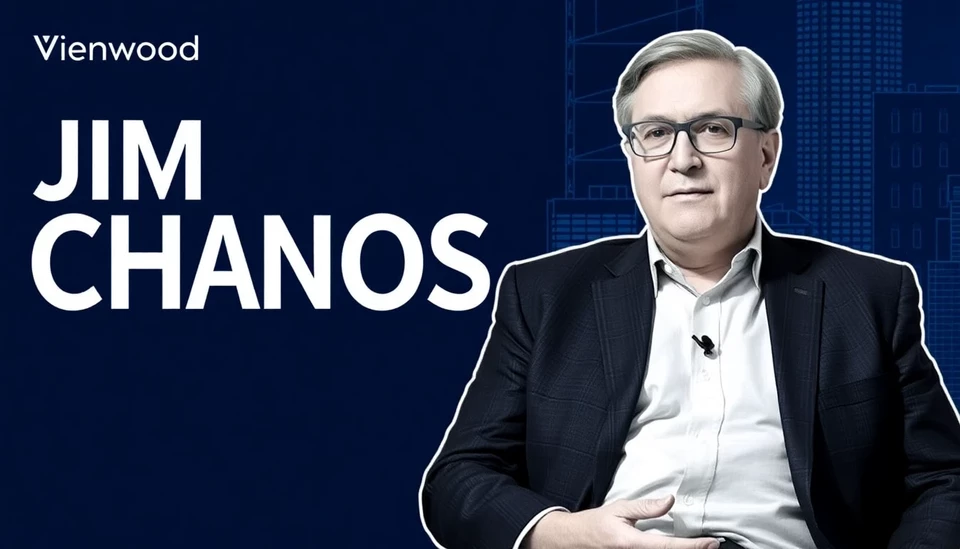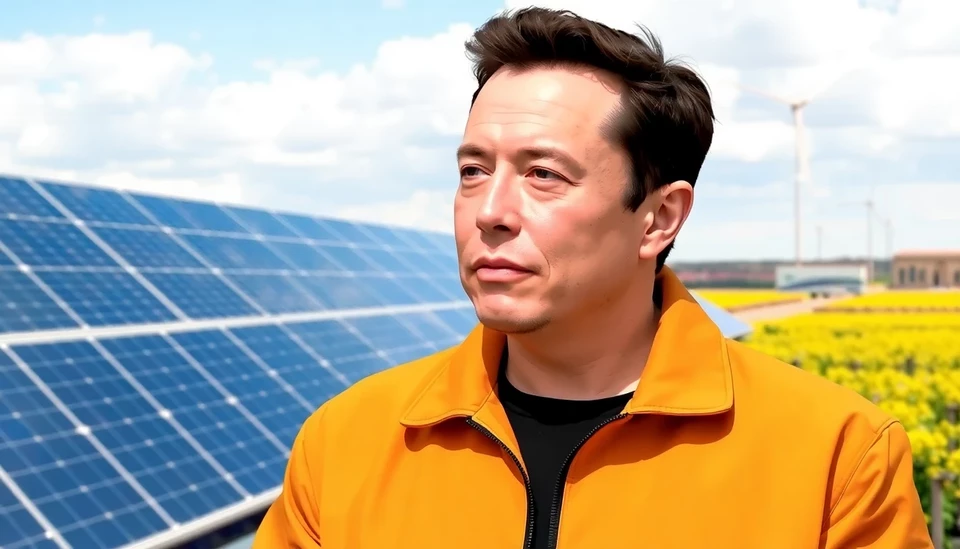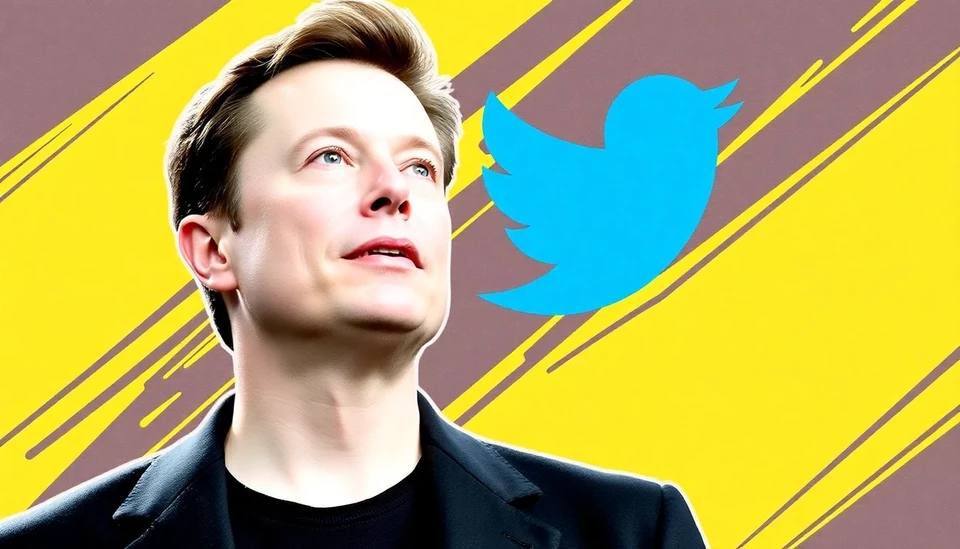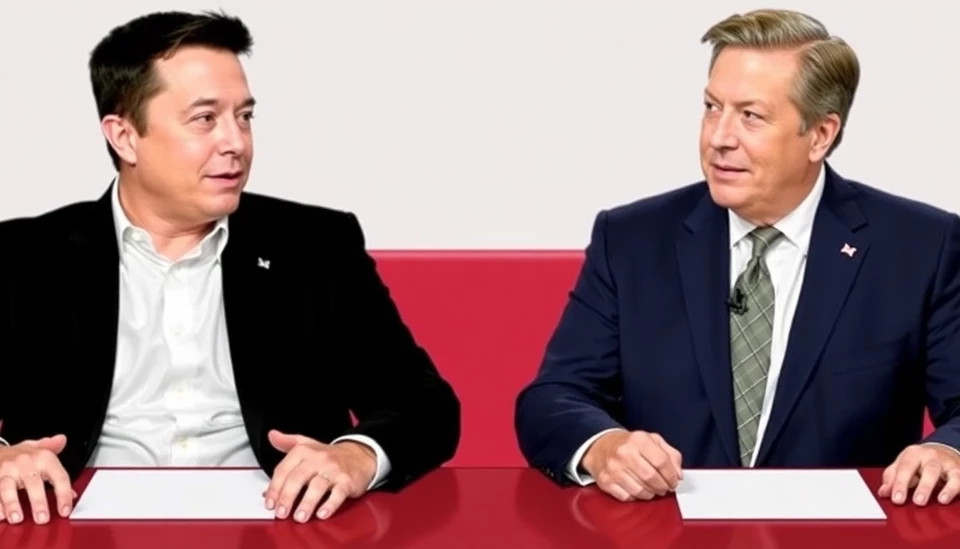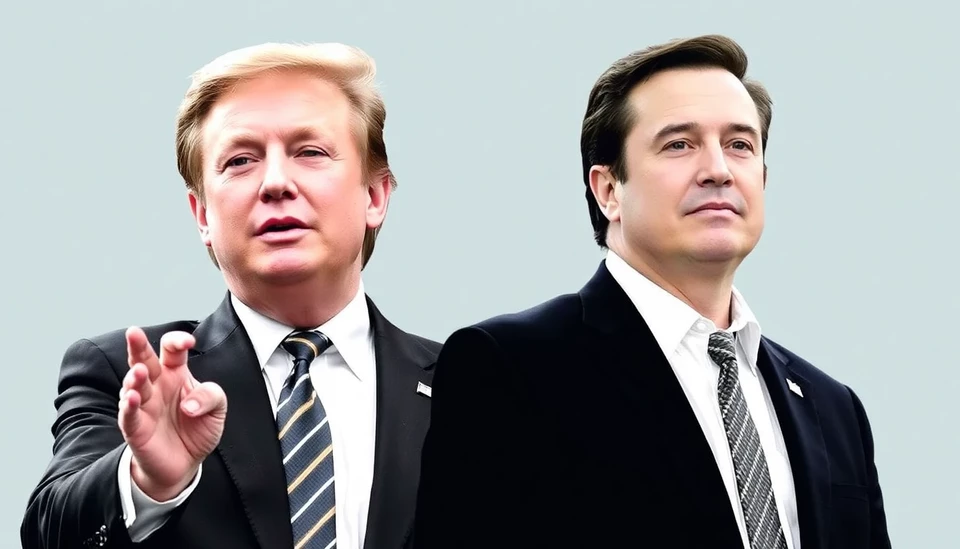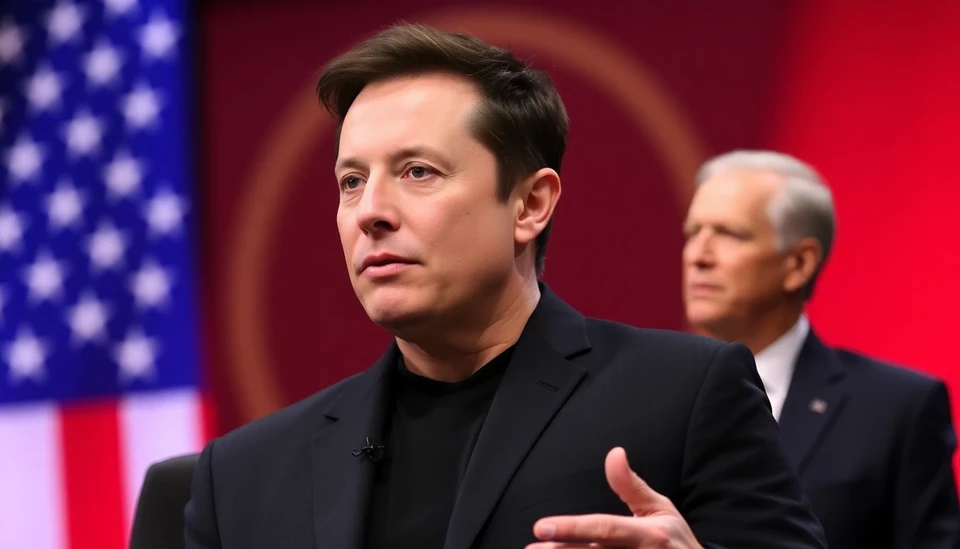
In a surprising turn of events, Elon Musk has reignited discussions about potential risks to the U.S. Treasury and the growing concerns surrounding a possible default on government payments. This debate was sparked off after Musk made significant moves that have provoked financial analysts and economists alike. With his considerable influence in the financial markets, any actions by Musk are closely scrutinized and can have widespread ramifications.
The backdrop of this debate centers around the U.S. Treasury's precarious position, as the nation grapples with rising debt levels and an upcoming debt ceiling that could pose severe challenges to the government's ability to meet its financial obligations. As Musk's business ventures, including Tesla and SpaceX, continue to attract substantial attention, the intersection of his actions and these larger economic risks cannot be overlooked.
Analysts have raised alarms about Musk's recent activities in the cryptocurrency market, where his investments and public statements have led to significant fluctuations in value. Such volatility has triggered discussions on the inherent risks of depending on non-traditional financial instruments, particularly as the U.S. Treasury looks to reassure investors about its stability. The fear is that Musk's speculative moves could inadvertently complicate the Treasury's standing as a reliable entity in the eyes of global investors.
Furthermore, there is an ongoing debate among economists regarding the long-term implications of a U.S. default and what it would mean for the global economy. The consensus is that an initial default could lead to a cascade of effects, including higher interest rates, reduced investor confidence, and a potential recession. These discussions are increasingly relevant as the U.S. approaches critical dates related to the debt ceiling, with lawmakers grappling with how to maneuver a resolution that satisfies fiscal responsibility while preventing economic catastrophe.
In light of these discussions, many financial experts are urging stakeholders to closely observe Musk's moves and understand how they might influence perceptions of the Treasury and its capacity to fulfill obligations. With the interplay of technology, finance, and economic policy, the repercussions of these actions could extend beyond just market reactions, possibly affecting how future investments are approached and regulated.
The confluence of Musk's unconventional approaches along with the looming threat of U.S. Treasury default creates a volatile situation that demands attention from both the public and policymakers. Stakeholders are encouraged to remain vigilant as the situation continues to evolve in the months ahead, with implications that could shape the financial landscape for years to come.
As the debate rages on, there is no shortage of opinions regarding how business leaders like Musk should navigate these turbulent waters while balancing innovative practices and the fiduciary responsibilities they hold to their investors and the economy at large.
#ElonMusk #USTreasury #EconomicRisk #DebtCeiling #FinancialMarkets
Author: Rachel Greene
